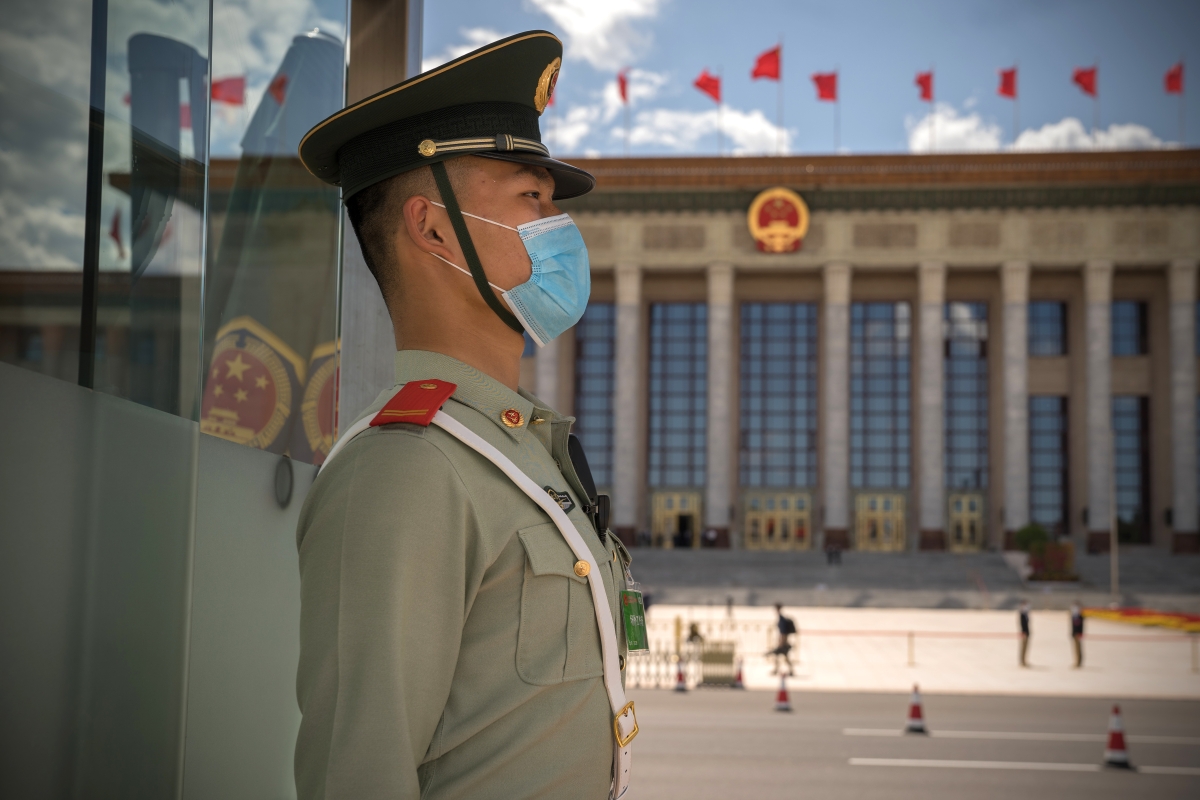A Clash of Worldviews
Foreign Affairs

The following is an excerpt from Nathan Levine's op-ed in Foreign Affairs. Nathan is the Assistant Director of the Center for China Analysis (CCA) at the Asia Society Policy Institute (ASPI).
Leaders in both China and the United States appear genuinely interested in trying to stabilize their relationship, which is now at its rockiest point in 50 years. Both countries recognize that the tension between them has become so acute that they face a real and growing risk of war. In recent months, Beijing and Washington have worked to renew dialogue by resuming regular diplomatic visits and setting up new high-level communications channels; in July, U.S. climate envoy John Kerry suggested that China and the United States may arrange a meeting between Chinese President Xi Jinping and U.S. President Joe Biden to coincide with this November’s Asia-Pacific Economic Cooperation (APEC) Leaders Meeting in San Francisco. Such a meeting could offer Biden his only significant opportunity to put the U.S.-Chinese relationship on firmer footing before the distractions of the 2024 presidential election campaign set in.
But a fundamental issue stands in the way of truly solidifying this progress: the two countries lack a mutually acceptable narrative to define their relationship. U.S. leaders, in their diplomatic engagements and public remarks, routinely assert that the United States and China are engaged in a great-power “competition.” Fundamentally, the Biden administration’s approach to China is premised on the idea of “managed strategic competition,” a theory that requires both sides to accept the prospect of engaging in sustained and steady strategic competition for the long term.

